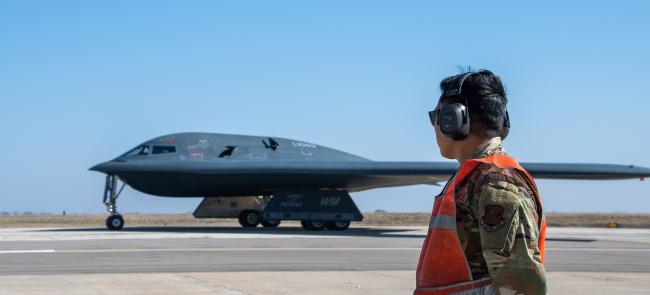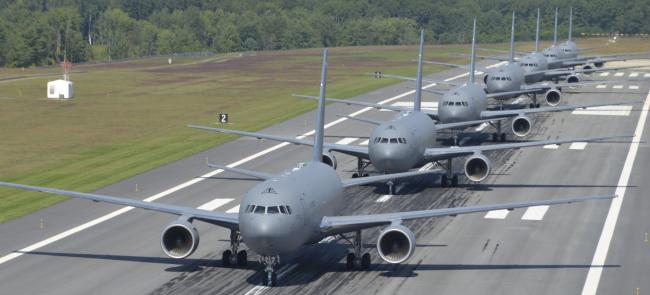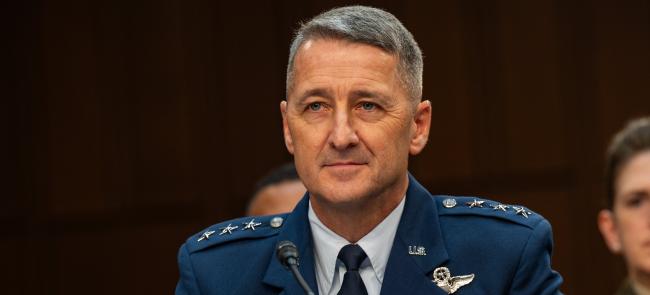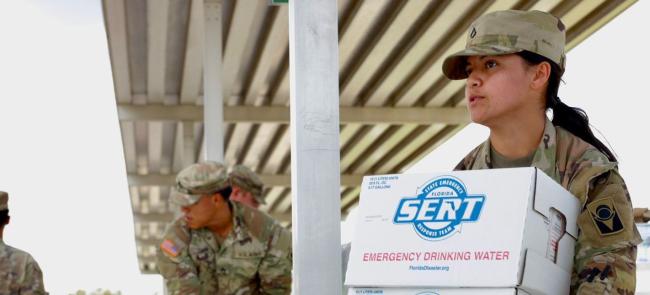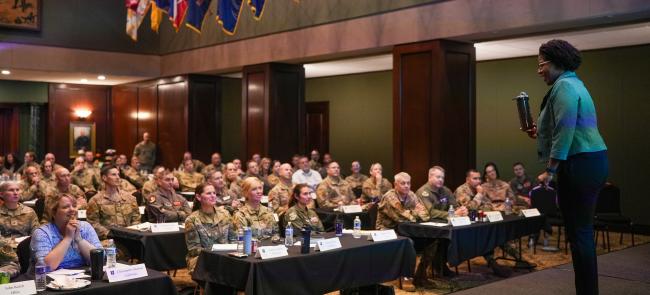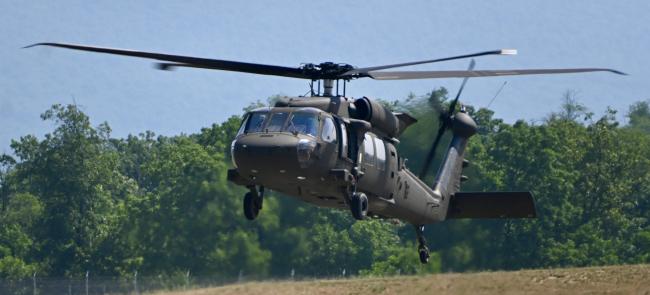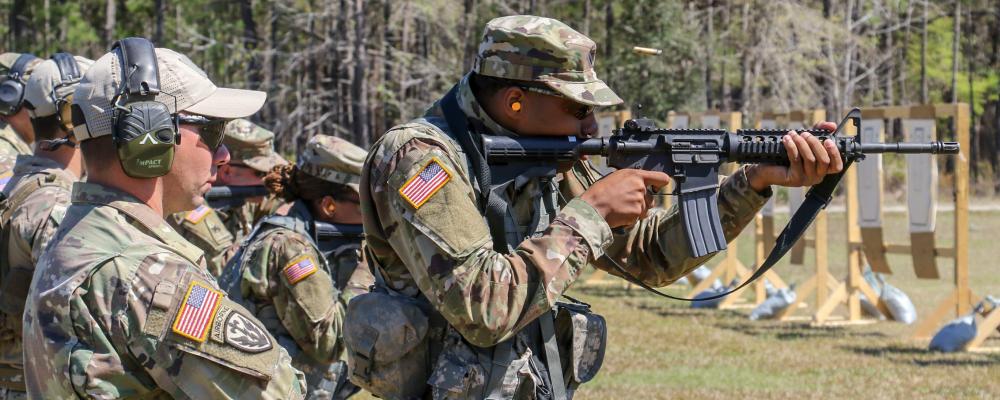
The National Guard’s top general said the force might have to cancel some drill weekends if it is not able to find funds in its budget to sustain the deployment of troops to the southern border.
Gen. Joseph L. Lengyel, the chief of the National Guard Bureau, told senators last week that the mission has cost an estimated $247 million so far, with that money coming from the Guard’s training accounts.
Lengyel said 2,079 Guardsmen are deployed to four border states in support of the Department of Homeland Security, predominately in Texas and Arizona. He said neither the current budget nor the president’s proposed 2020 budget includes funding for the Guard border mission.
The current shortfall is about $193 million. Lengyel noted that a typical drill weekend costs the Guard about $100 million.
“If we don’t reprogram funds back into our training accounts, we will have to make modifications within our current appropriations that will either reduce our training opportunities or do things like cancel drill weekends to find the money,” the general said in response to a senator's question.
Members of the Senate Appropriations Committee’s defense subcommittee noted the difficult position that decision would create for the Guard.
“General, haven’t you come before this committee repeatedly and told us you need readiness more than anything else?” asked Sen. Dick Durbin, D-Ill. “Would you like to explain to me how cancelling drill weekends enhances the readiness of the National Guard?”
Lengyel said readiness remains a top priority but “at the end of the day, we’re going to accomplish the mission that was given to the National Guard.”
Cancelling drills would affect readiness, he said.
Most of the April 10 hearing focused on the president’s 2020 budget request for the National Guard and Reserves.
“I think it’s imperative that our nation’s Guard and Reserve components be sufficiently manned, trained and equipped to continue to maintain and defend our national security interests,” said Sen. Richard Shelby, R-Ala., the subcommittee chairman.
The hearing covered a wide range of topics and included the heads of the Army Reserve, Navy Reserve and Marine Corps Reserve and Air Force Reserve.
Lengyel spoke on the proposed Space Force, recruiting, the Guard’s domestic operations and growth of the State Partnership Program, which now includes 83 partner nations.
He said that on any given day, approximately 30,000 Guardsmen are mobilized in support of every combatant command. Another 10,000 are conducting operations in the homeland.
“To ensure the readiness of the National Guard to be deployable, sustainable and interoperable with our active components, we require such things as appropriate levels of full time support and replacing and upgrading old, worn out facilities,” Lengyel said. “We require parity in equipping our force through concurrent and balanced modernization and recapitalization.”
The NGB chief said one of the biggest challenges facing the Guard is a shortage of full-time positions.
The Guard is funded at just 64 percent of its full-time requirements, he said.
“The adjutants general have told me that their No. 1 concern with respect to maintaining the readiness of the force is the number of full-time support that they have,” Lengyel said.
No other readiness program in the Guard is funded at that level, the general added, saying that the lack of funding creates risk within the force when it comes to maintaining readiness for federal missions and to be mobilized by governors in times of emergency.
Lengyel said he would like to see funding bumped up to cover about 80% of the manning requirement, which would allow for an increase of about 10,000 full-time Guardsmen by converting current part-timers to full-time roles.
Such a change would help improve readiness, recruiting and retention, the general said, while allowing “M-day” soldiers and airman to focus on training.

